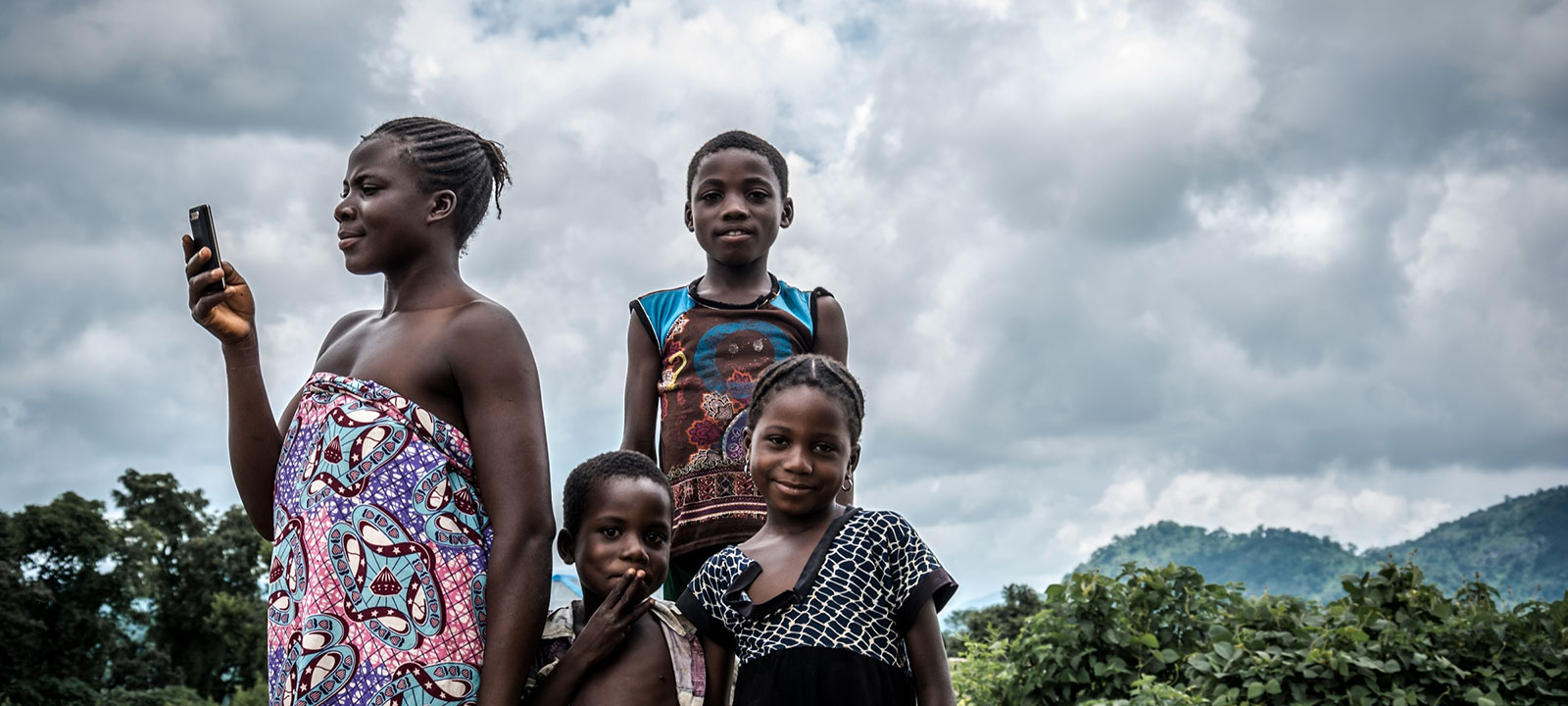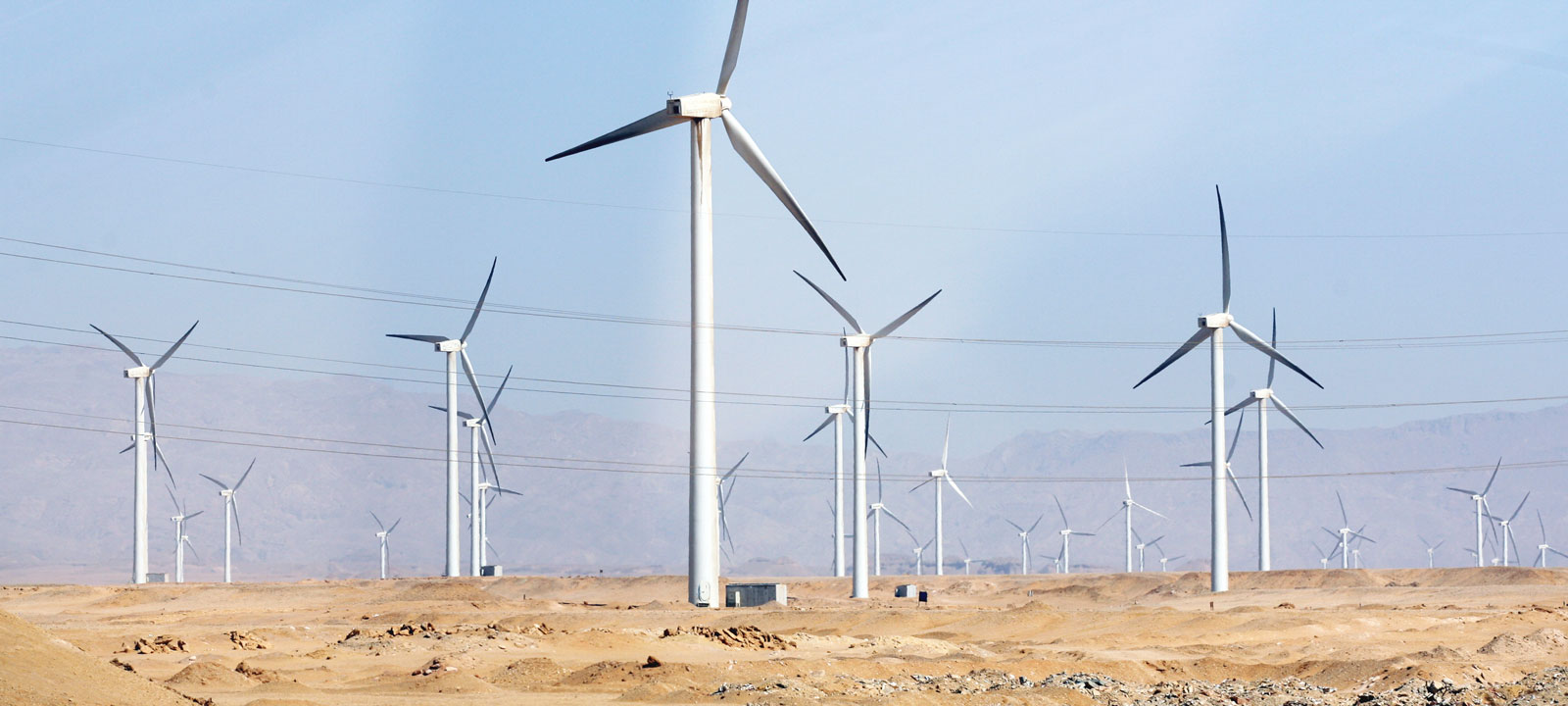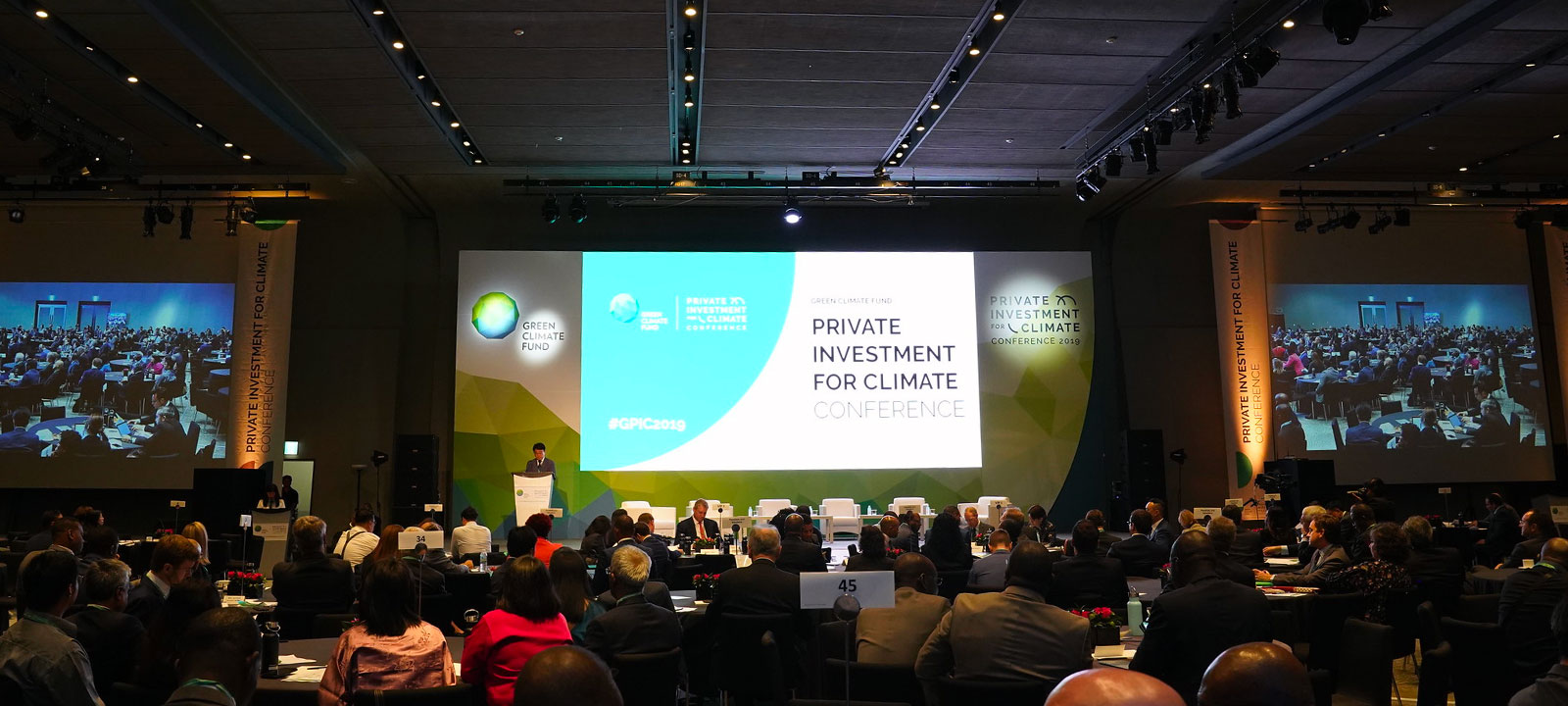Overview
The climate crisis is too big, too serious and too urgent to rely on the resources of public institutions alone. Today, the private sector manages more than USD 210 trillion in assets but only a very minor part of it is dedicated to climate investments.
As more governments put in place targeted policies and incentives to achieve their climate change and green growth ambitions, the private sector has an unparalleled opportunity to deliver the investment needed to spur innovation and create thriving markets for climate, spanning across clean energy, sustainable transport, green infrastructure or climate-resilient agriculture.
As a risk inclined and impact-oriented institution, GCF plays a pivotal role in shifting and catalysing financial flows managed by the private sector into low-emission and climate-resilient investments in developing countries.
Private Sector Facility
In order to scale up GCF’s activities and de-risk the delivery of capital flows, GCF has set up the Private Sector Facility (PSF), a dedicated division designed to fund and mobilise private sector actors, including institutional investors, project sponsors and financial institutions.
PSF promotes private sector investment through concessional instruments, including low-interest and long-tenor project loans, lines of credit to banks and other financial institutions, equity investments and risk mitigators, such as guarantees, first-loss protection, and grant-based capacity-building programmes. PSF structures these instruments across different practices including:
- Financial Institutions: Mainstreaming climate change considerations in the financial system
- Project Finance: Tailoring life cycle concessional finance to de-risk infrastructure projects for climate
- Climate Funds: Structuring anchor investments in climate equity/debt Funds
- Climate Markets: Developing Capital/Carbon markets that require bespoke structuring solutions
- Climate Innovations: Scaling investments into high-impact climate technologies and innovations
Private sector strategy
Developing countries need USD 2–4 trillion annually to avert catastrophic climate change and mobilizing private capital at scale is critical to meeting this financing need. GCF, as the world’s largest multilateral climate fund and a hub of the climate finance architecture with over 200 accredited entities and delivery partners, is well positioned to make a substantial contribution to this effort. In line with GCF’s Governing Instrument and decision B.04/08, which decided that the Private Sector Facility will address barriers to private sector investment in adaptation and mitigation activities; the Board adopted at B.32 the Private Sector Strategy whose objective is to catalyze private climate finance in a manner fully aligned with a country-driven approach to meet developing countries’ needs and the objectives of the Updated Strategic Plan.
Portfolio

Empowering energy poor in Africa and Asia
GCF is kickstarting new renewable energy markets through a novel type of finance facility incorporating two geographic regions. GCF’s commitment to Climate Investor One covers 11 countries in Africa and the Asia Pacific that share a deficit of available energy and an over-reliance on fossil fuels. GCF’s USD 100 million investment through the Dutch development bank (FMO) reduces the complexity of project implementation by bringing together financing for the project development and construction stages, negating the need to source different investors.

Opening new climate opportunities in agriculture
Lack of private sector capital inhibits developing country farmers from adjusting their agricultural practices to meet climate challenges. GCF is working with the Inter-American Development Bank (IDB) to bridge this funding gap in Guatemala and Mexico. GCF and IDB have pooled their financial resources to create the low emission, climate-resilient agriculture risk-sharing facility. This new funding vehicle is unlocking innovative financial instruments for agricultural Micro, Small and Medium-sized Enterprises (MSMEs) in these two countries, including essential long-term loans, equity and guarantees.
Learn more about FP048: Low Emissions and Climate Resilient Agriculture Risk Sharing Facility

Boosting adaptation with private sector funds
GCF is collaborating with an impact investor in Africa to overcome barriers and attract private sector funding for initiatives that enhance climate resilience. The Acumen Resilient Agriculture Fund (ARAF) is designed to shift investments in adaptation activities from grants to long-term capital, enabling smallholder farmers to respond to climate change more effectively. ARAF supports entrepreneurs in micro-, small, and medium-sized enterprises in Ghana, Kenya, Nigeria and Uganda by providing farmers with innovative financial services, including microinsurance and mobile payments.
Learn more about FP078: Acumen Resilient Agriculture Fund (ARAF)

Using blended financing to expand Egypt's renewables
GCF is well positioned to help private sector renewable investors in developing countries weather the Covid-19 economic storm. GCF has rich experience in supporting funding arrangements that attract private investors in nurturing renewable energy markets. This includes its collaboration with the European Bank for Reconstruction and Development (EBRD) in setting up Egypt’s Renewable Energy Financing Framework, including financing for one of the world’s largest solar farms. Consisting primarily of tailored loans to finance greenfield investments, this project’s potential to transform energy generation is shown by the early lowering of renewable production prices through reverse auctions.
Learn more about FP039: GCF-EBRD Egypt Renewable Energy Financing Framework
Events & outreach

GCF Private Investment for Climate Conference
The sixth annual GCF Private Investment for Climate Conference (GPIC), in Nairobi, Kenya, brought together entrepreneurs, project developers, and investors to share best practices and innovative ideas to accelerate the private sector’s contribution to finance for climate action in developing countries. The two-day event in Nairobi, Kenya which took place alongside the Africa Climate Summit, heard from fund managers, donors, institutional investors, chief executives, business owners, GCF Accredited Entities, and project partners from across the globe. The conference convened a diverse group of more than 450 participants from 60 countries represented. Learn more about GPIC 2023.
From idea to investment
- Pitch us an idea that supports the target developing country’s climate action plans and priorities – let’s talk informally
- If you are not already accredited, you will need to partner with an Accredited Entity or seek accreditation yourself
- Engage with the country NDA / focal point to ensure your idea aligns with their country needs and priorities – we can help you make these connections
- Turn your idea into a Concept Note for us – we will provide preliminary feedback
- At this point you need to show beneficiary countries are fully on-board by obtaining No-Objection Letters
- Following GCF in principal approval of the project idea, you can submit a full funding proposal
- We will review the proposal in more detail – and so will our Independent Technical Advisory Panel
- Your project goes to our Board for decision
- Once approved, we will sign a Funded Activity Agreement
